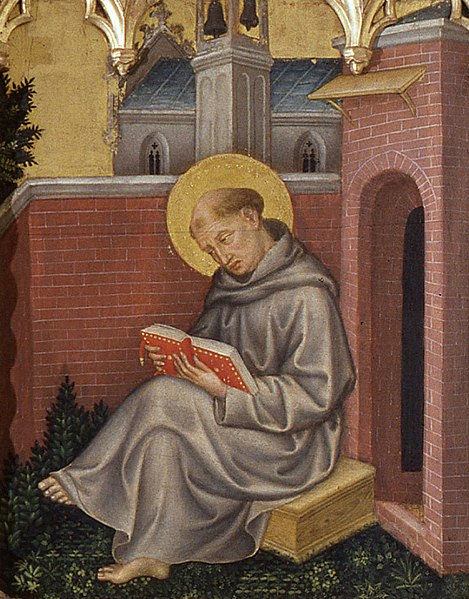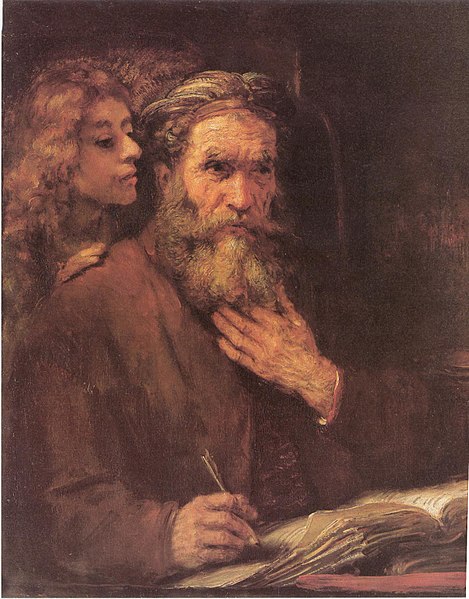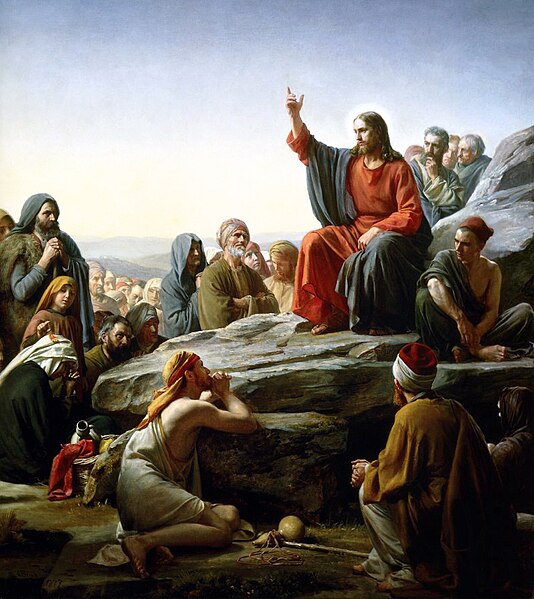Nestorianism is a term used in Christian theology and Church history to refer to several mutually related but doctrinarily distinct sets of teachings. The first meaning of the term is related to the original teachings of Christian theologian Nestorius, who promoted specific doctrines in the fields of Christology and Mariology. The second meaning of the term is much wider, and relates to a set of later theological teachings, that were traditionally labeled as Nestorian, but differ from the teachings of Nestorius in origin, scope and terminology. The Oxford English Dictionary defines Nestorianism as:"The doctrine of Nestorius, Patriarch of Constantinople, by which Christ is asserted to have had distinct human and divine persons."
Nestorian priests in a procession on Palm Sunday, in a seventh- or eighth-century wall painting from a Nestorian church in Qocho, China
The Daqin Pagoda, controversially claimed to be part of an early Nestorian church in what was then Chang'an, now Xi'an, China, built during the Tang dynasty (AD 618–907)
Entry of Jesus Christ into Jerusalem, with a female figure dressed in a Tang dynasty costume, AD 683–770.
Chinese stone inscription of a Nestorian Cross from a monastery of Fangshan District in Beijing (then called Dadu, or Khanbaliq), dated to the Yuan Dynasty (AD 1271–1368) of medieval China.
Christian theology is the theology – the systematic study of the divine and religion – of Christianity and Christian belief and practice. It concentrates primarily upon the texts of the Old Testament and of the New Testament, as well as on Christian tradition. Christian theologians use biblical exegesis, rational analysis and argument. Theologians may undertake the study of Christian theology for a variety of reasons, such as in order to:help them better understand Christian tenets
make comparisons between Christianity and other traditions
defend Christianity against objections and criticism
facilitate reforms in the Christian church
assist in the propagation of Christianity
draw on the resources of the Christian tradition to address some present situation or perceived need
education in Christian philosophy, especially in Neoplatonic philosophy
Thomas Aquinas from Valle Romita Polyptych by Gentile da Fabriano
Rembrandt's The Evangelist Matthew Inspired by an Angel, 1661
Christ in Gethsemane, Heinrich Hofmann, 1890
Jesus, believed to be both man and God, painting by Carl Heinrich Bloch








